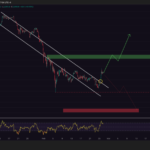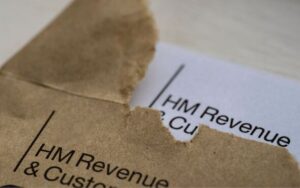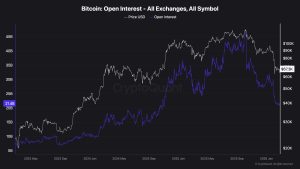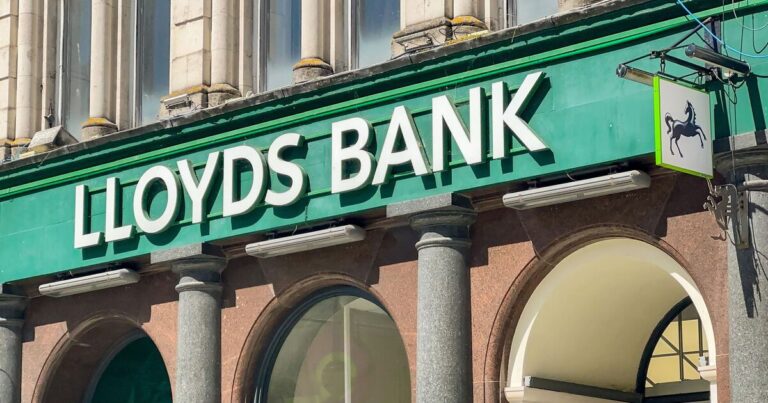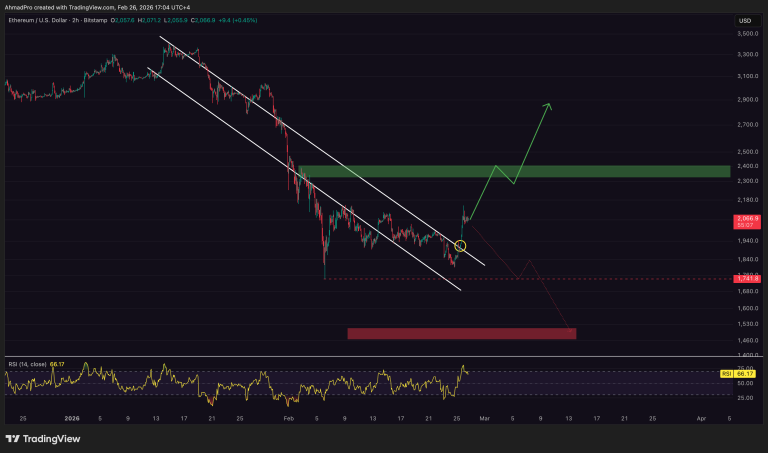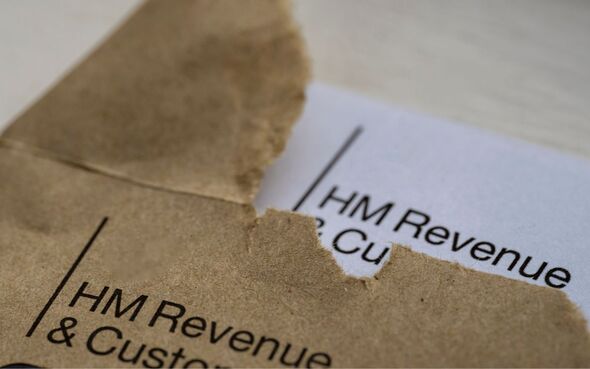
Latest statistics indicate that around 400,000 extra pensioners might be ensnared by a “retirement tax” next year, as the triple lock guarantee’s increase nudges them over the income tax threshold.
The Office for National Statistics noted that from April to June, average earnings, including bonuses, surged by 4.5 percent, offering a glimpse of the potential upswing in state pension come 2025-26 from the triple lock commitment.
This uptick could see the full new state pension rise weekly from £221.20 to £231.15, with the annual total hitting £12,061. However, as the personal allowance lingers at a static £12,570, this inflation could drag an additional 400,000 pensioners into the threshold for income tax liability.
Pensions expert Steven Cameron from Aegon told the Telegraph: “The specific figure used for determining the triple lock is the year-on-year increase in earnings for the period ending May to July 2024, which will be published next month in mid-September.
“Barring any big fluctuations when July’s earnings figures are added in, this suggests state pensioners may receive around a 4.5 percent increase.”
Due to the Government’s triple lock pledge, the state pension rises annually, following whichever is highest: September’s inflation rate, the growth in wages, or 2.5 percent.
With the current inflation hovering at approximately 2 percent, the hike in next April’s state pension is poised to mirror the rise in wages.
The Conservative manifesto had committed to increasing the personal allowance for retirees in line with the triple lock, guaranteeing that pensioners would “never pay tax on their state pension income”.
However, Labour has not matched this pledge and also side-stepped the Conservative’s bolder “triple lock plus” scheme, which would have shielded pensioners from state pension taxation.
This shortfall might hit hundreds of thousands of pensioners with tax bills for the first time. Sir Steve Webb from LCP, a pensions consultancy, said: “An increase of 4.5 percent in the state pension could easily bring around 400,000 more pensioners into income tax for the first time.”
According to LCP’s figures, around 2.5 million people already receive a state pension over the personal threshold.
Mr Webb commented: “This is more people who may have to deal with HMRC or face end-of-year tax demands for a relatively small amount of money.”
He called for an urgent review of the relationship between the tax-free allowance and the state pension sum. These concerns arise as Chancellor Rachel Reeves makes the controversial move to cut winter fuel payments from countless pensioners.
Approximately 10 million pensioners not eligible for means-tested pension credit will lose out on at least £200 this winter owing to recent policy changes.
Expressing his concerns, Mr Cameron remarked: “If the state pension rises by another 4.3 percent in April 2026, those with no other income on top of their state pension would be facing an income tax bill. While initially of a tiny amount, this would cause stress for state pensioners and an administration challenge for HMRC to collect it.”
He further noted: “While next April’s state pension increase is likely to be higher than current inflation, any increase in ‘real’ terms will be significantly dented by the loss of the winter fuel allowance.”
An HM Treasury spokesperson said: “Older people should be able to live with the dignity and respect they deserve, and the State Pension is the foundation for this. We are committed to the Triple Lock, and pensioners whose sole income is the new state pension and who have not deferred or receive protected payments do not pay any income tax.”





